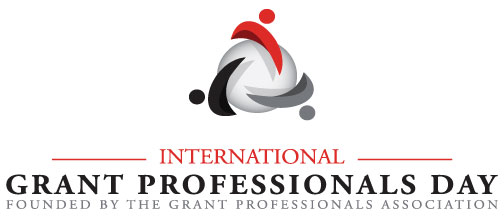18 Mar Funding Alert! Drug-Free Communities Support Program
Centers for Disease Control and Prevention Does your organization work to address substance use among local youth? The Centers for Disease Control and Prevention (CDC) is now accepting applications for its 2021 Drug-Free Communities (DFC) Support Program. This program supports community coalitions that work together to prevent substance use among youth ages 18 years and younger. DFC aims to establish and strengthen multisector collaboration in these efforts to address community-level factors that increase the risk of substance use, and to promote the factors that minimize the risk of substance use among youth. DFC proposals are due May 10, 2021.12 Mar Funding Alert! Grants for Campus-Based Child Care Services
Department of Education – Office of Postsecondary Education Attention institutions of higher education! The Department of Education – Office of Postsecondary Education (OPE) is now accepting proposals for its 2021 Child Care Access Means Parents in School (CCAMPIS) program. The goal of CCAMPIS is to support low-income parents in their postsecondary education pursuits through the provision of campus-based child care services. Proposals for this program are due June 1, 2021.08 Mar Grants 301 Training Series
Posted at 11:38h
in Competency Five, Competency Four, Competency Seven, Competency Six, Competency Three, Competency Two, Courses, Grant Training Series, Grants 301
Cost: $50/session or $300 for the full series Grants 301 Series Sessions by GPCI Competency These sessions are designed to provide targeted content for individuals who are really passionate about grants and want to take their skills to the next level. To register for the complete series or...
08 Mar Grants 201 Training Series
Posted at 11:30h
in Competency Five, Competency Four, Competency Seven, Competency Six, Competency Three, Competency Two, Courses, Grant Training Series, Grants 201
Cost: $50/session or $300 for the full series Grants 201 Series by GPCI Competency To register for the complete series or for individual sessions: Register Now View our 2022 Grants 201 Live Session Training Schedule The average nonprofit professional needs more than just initial grant training. Anyone working with grants...

